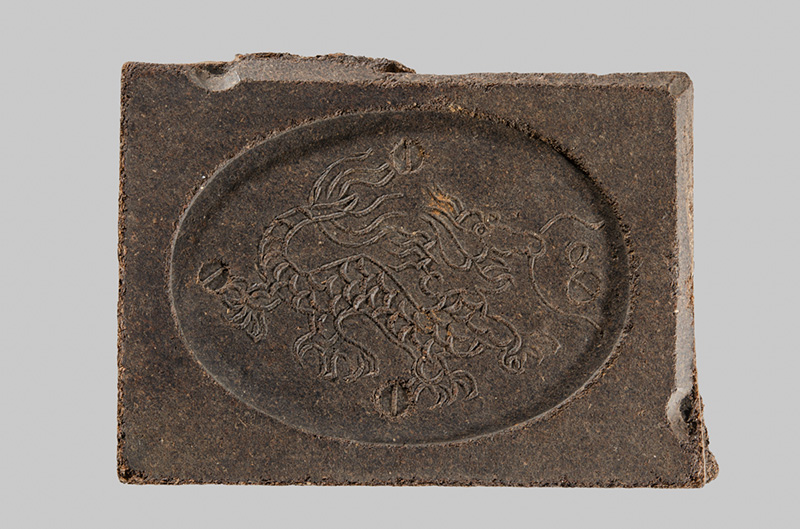The Museum of Archaeology & Anthropology is excited to introduce a new project: The MAA Digital Lab.
In recent years MAA has committed to improving digital accessibility to collections from Asia and across the world through research and documentation projects including the Cambridge Rivers Project and Stores Move, and through the open access Collections Online database. Our research and engagement with audiences, communities and scholars has prioritised transparency regarding legacies of colonialism, pushing towards greater dialogue, equality and change in our thought and practice, and diversifying the narratives and voices that speak to and about the collections in our care.
The Digital Lab supports several of MAA’s strategic aims, set out in our latest Forward Plan:
-
Make the collections accessible digitally and in-person to audiences locally, regionally, nationally and internationally
-
Lead innovative and ambitious research programmes related to the collections, and the intellectual, social and environmental issues that they raise
-
Work toward the decolonization of the Museum, through transparency regarding collections' histories and through support for greater inclusion and representation, and return.
Brick of compressed powdered black tea with an embossed image of a dragon - possibly a trader's mark. Fuzhou, Fuijin Province, China. MAA E 1908.26
Our key objective is to increase and diversify engagement with the collections of world cultures at MAA and the histories, stories and relationships connected to them. In particular, the Digital Lab’s focus will be to try new ways of working with, showing and talking about the collections: to do things that cannot be done within the Museum. We recognise the value of digital platforms and methodologies to support reaching new audiences, diversifying voices and incorporating decolonial practice and perspectives within the galleries, the reserve collections and beyond.
Digital Heritage in this interconnected planet must pay attention to the stories and objects that connect us, rather than focusing on select countries and regions. The stories we hope to tell range from the interconnectedness of the Silk Road and Tea-Horse Road to the legacies of colonialism and imperialism, global commerce and warfare.
The project will officially begin in September 2022, with our first online outputs launched in November 2022.






